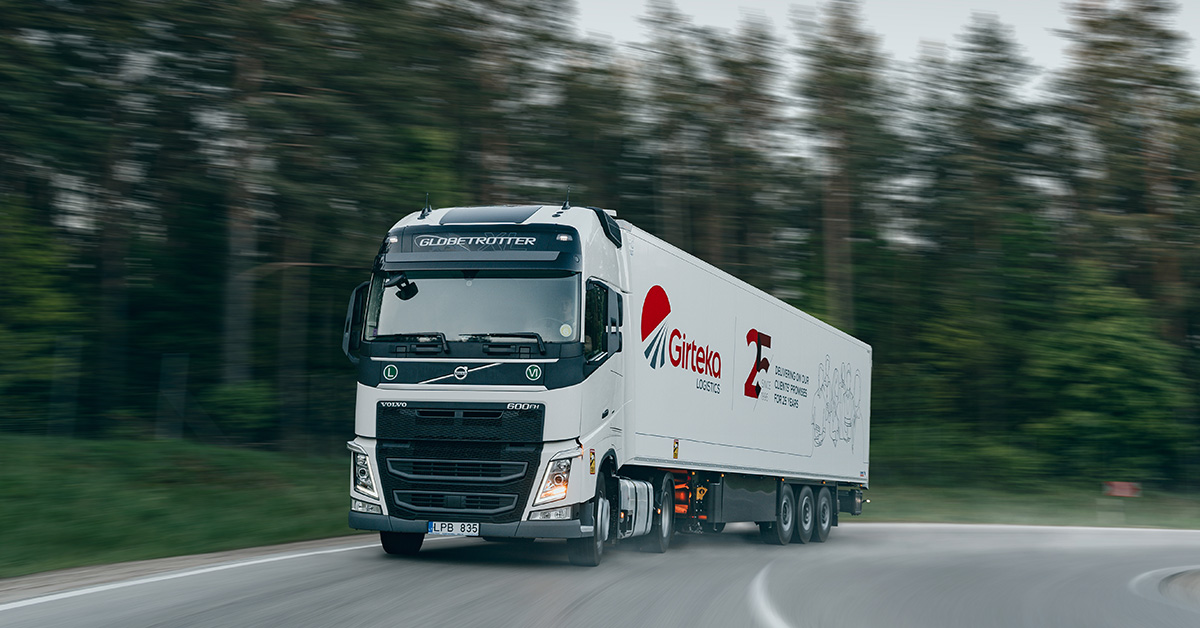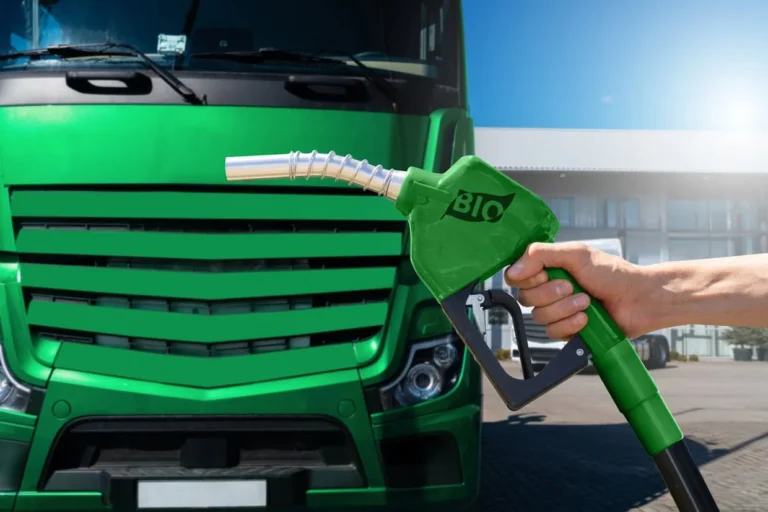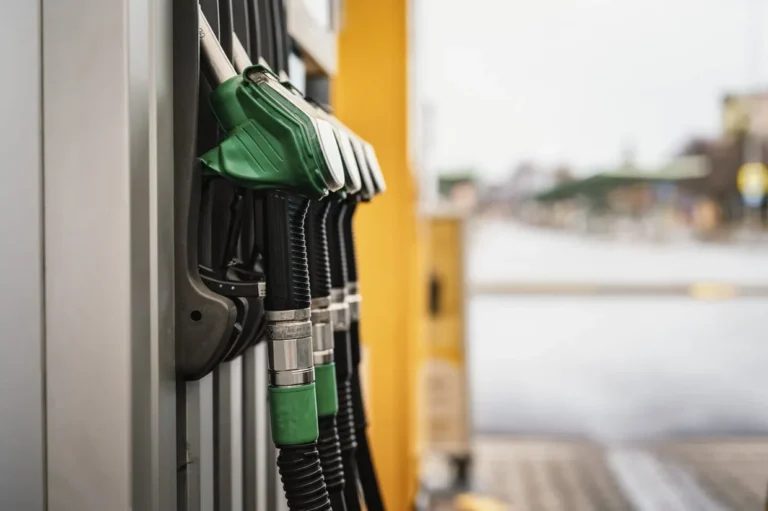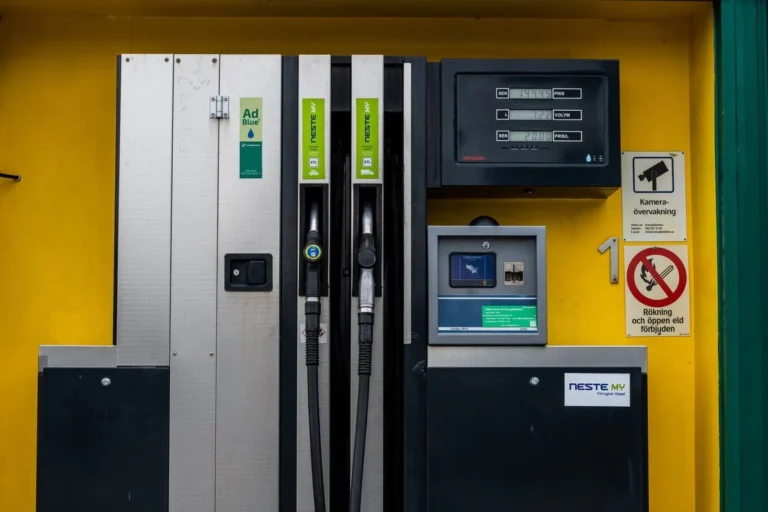With the political process of the United Kingdom (UK) leaving the European Union (EU) beginning in 2016, the future was clear that nothing would remain the same even before the island nation officially left the bloc. While the full effect of Brexit is yet to be clear, as more changes will be coming to the border procedures beginning January 2022, some ramifications are already visible.
The supply chains within the country are in a difficult situation, as several factors have negatively influenced the way that goods are delivered throughout the UK, as well as imported and exported from and to the EU. The headlines describing the situation continue to describe the situation in the UK, seemingly offering little light at the end of the tunnel.
Is the situation so dire?
Early warnings
It was clear from the moment that once Article 50 of the Treaty of the EU was activated by the UK, changes would be coming sooner rather than later. The question was how well would the two sides prepare to ensure a smooth supply of goods between the Channel following the departure from the bloc.
In March 2017, the International Road Transport Union (IRU) pointed out that road freight transport providers “must have clarity in order to facilitate proper business planning,” as well as it being “essential that the industry’s views are taken into account during the negotiating process.” According to the IRU, “failure to address these practical issues within the two year negotiating period, laid out in the Treaty, could reduce trade, damage jobs and economic growth, significantly disrupt supply chains and bring confusion and uncertainty to journeys to and from the UK,” harshly concluding that a no-deal Brexit was “not an option.”
The union‘s calculations at the time indicated that over 4.4 million freight vehicles move between the EU and the UK annually, with 4 million of those going through the Port of Dover alone.
KPMG, part of the accounting Big Four, put out a brief in 2016, exploring potential consequences of Brexit. Specifically for logistics and post services, the firm questioned how would the freight traffic between the EU and the UK change, whether new charges would be implemented, and how customs duties and processes would be affected going forward.
“If the costs of doing business between EU/UK were higher due to tariffs and duties, what effect will this have on volumes and customer demand? What impact does this have on existing market operators?” the accounting firm continued questioning the future of the accounting firm. KPMG also pointed out that EU nationals working in the UK could also be affected, and even though the actual impact was still unclear at the time, it was as if the firm was providing a character’s traits in a novel that would foreshadow future events.
A one-two punch
While the negotiations for the exit dragged on, the date was set: the UK left the EU on January 31, 2020. Getting the process over with became a crucial selling point, as the Conservatives used the slogan of “Get Brexit Done” in their political campaign in the 2019 general election.
Though hindsight rarely misses, the leaving date could not have come at a possibly worse time, as COVID-19 began dampening the global economy. In Europe, per Eurostat data, the bloc‘s Gross Domestic Product (GDP) climbed only 0.1% in the euro area, while in the EU, it grew by 0.2% in Q4 2019, while seasonally-adjusted GDP in Q1 2020 decreased by 3.8% in the euro area, while in the whole bloc‘s economic measure decreased by 3.3%.
Still, nobody could have predicted how long and how devastating the pandemic would be. With a brief pause in March 2020, road freight transport had begun its recovery, which was, unfortunately, negatively impacted by several factors across the board. One of the consequences of the pandemic-forced stoppage in logistics’ commercial activity is that some drivers that were close to retirement, or working in the industry for several years, have decided to leave their profession behind and exchanged their truck driving careers for prospects elsewhere. As such, the pandemic worsened the driver shortage across Europe. Yet the United Kingdom faced an unprecedented crisis since Brexit was also the catalyst for many drivers to leave the country for jobs within the EU.
Transport Intelligence, a market research company, called the situation a “Bermuda triangle of Brexit, pandemic and tax reforms/peak seasons, leading to a pressing driver shortage in the UK.”
“Brexit effectively ended recruitment from the EU, making it legally impossible to recruit foreign HGV drivers. The COVID-19 pandemic created a backlog of tests and saw around 15,000 Eastern European drivers returning home. Finally, newly introduced tax reforms exacerbated the exodus of EU drivers from the UK which will only get worse over the coming summer,” read the company’s whitepaper on the situation on the island.
The coverage of the crisis offered little hope for supply chains within the UK and between the country and the EU, as another problem arose as a result of Brexit: few operators wanted to cross the Channel to provide the now-needed capacity across the country. According to separate research by TI, EU-registered truck crossings of the Channel have fallen as much as around 16% in 2021, while UK-registered trucks left the UK almost 24% less than Year-on-Year (YoY).
The UK government attempted to rectify the situation, including the deployment of the army to deliver fuel from processing plants to service stations, as the country entered a fuel crisis due to the shortage of drivers. The shortage of petrol and diesel across locations in the UK was not the only bottleneck in the country’s supply chains, as supermarket shelves were also seen empty, while Felixstowe, the Island’s busiest shipping container port is as congested as ever. “The average shipping container which arrives at Felixstowe is spending more than nine days at the port before it is collected,” twice the number of time it had to spend compared to the busiest periods in 2020, according to ITV News.
“The Department and partners across Government are working closely with the freight industry, including on HGV driver shortages, to work through the challenges some of our ports are facing at an important time of the year,” a Department for Transport (DfT) spokesperson told the publication in early October 2021.
Relaxation of rules
The inclusion of the army in the road transport processes was not the only measure the local government utilized to alleviate the shortage of heavy goods vehicle (HGV) drivers on the road, as the relaxation of several regulations were enacted.
Firstly, the DfT temporarily relaxed the drivers’ maximum working hours rules on July 7, 2021, as the Secretary of State of Transport took to Twitter to announce that the Department was “aware of a shortage of HGV drivers, so I’m announcing a temp extension of drivers’ hours rules from Mon 12 July, giving flexibility to drivers & operators to make slightly longer journeys.” Since, the temporary measure has been extended several times, including the latest update to the rule on October 28, 2021, extending the relaxation of drivers’ hours rule until January 9, 2022. The local government is seemingly preparing for a difficult peak season when supply chains can be pushed to their limits even under normal circumstances.
The DfT reminded operators that they “must assess the risks of using the temporary relaxation and implement suitable control measures and/or mitigations so that the safety of the driver, other road users and those involved in loading and unloading is not compromised.”
Unite, the UK’s leading workers union, was skeptical about the change.
“Unite is highly concerned that the extended driving hours, which the government is reliant on to tackle the shortage of lorry drivers, is having a cumulative effect on driver fatigue. With the increased hours now continuing throughout the autumn and winter months, with longer periods of darkness and poorer weather, Unite fears that accidents will increase,” read a statement by the union. Unite’s national officer Adrian Jones commented that the decision was “reckless” and that HGV drivers “are already working excessive hours and the cumulative effect on fatigue will increase the risk of accidents and damage their health.”
“Rather than short-term fixes to the driver shortage, the government needs to implement long-term solutions,“ concluded Jones.
Another rule that the DfT looked at was cabotage, or foreign carriers’ ability to pick up and drop off cargo domestically. The current rules in the UK defined that a truck could make two cabotage trips within a span of seven days of entry into the country – the interim measures now allow carriers based in the EU, for example, to make unlimited cabotage trips within a two-week period. The changes to cabotage rules came into force on October 28, 2022, and are set to last until April 30, 2022, per the DfT.
There was no shortage of skepticism to the changes to cabotage either, as the Road Haulage Association (RHA) “raised concerns regarding unfair competition for UK hauliers, and that the suppression of haulage rates by international competition could drive UK driver wages down.” The association also pointed out that the negative consequences will outweigh the positive ones, as the downsides of the rule changes would “undermine the Temporary extension to road haulage cabotage 15 positive actions on training and testing already taken by the Government and industry to deal with the shortage of UK lorry drivers.”
Still, the UK lawmakers went ahead with the change, arguing that supply chains in the country “have been managing significant disruption for several months, partly due to the shortage of lorry drivers. There have been reduced fulfilment rates and delays to deliveries, including within the food supply chain,” read the consultation report by the DfT.
“The Department emphasises that the acute lorry driver shortage will only be resolved by growing the UK-resident labour force,” added the report, attempting to affirm that long-term solutions are also actively being looked at.
Will get worse before it gets better?
The combination of the driver shortage, Brexit, and the pandemic could only get worse until the end of 2021, as the peak season within the road freight transport industry reaches its most intense period yet, with December approaching and bringing its associated chaos across supply chains.
In particular, because starting January 1, 2022, changes will be coming to customs procedures for cargo that’s inbound to the UK from the EU, possibly ramping up the number of HGVs moving across the channel.
TI predicts that traffic, for example, on the lane between Lille, France and London, the UK, is “expected to increase up to the end of 2021 as importers stock up prior to potential disruption, providing upward pressure on rates towards the end of Q4.”
The market research company also pointed out that the alteration in customs procedures could further disrupt imports, subsequently putting upwards pressure on transport rates for cargo delivered across the Channel.
According to the UK‘s government website, the changes under a revised timeline are as follows:
- The requirements for pre-notification of Sanitary and Phytosanitary (SPS) goods, which were due to be introduced on 1 October 2021, will now be introduced on 1 January 2022;
- Safety and Security declarations on imports will be required as of 1 July 2022 as opposed to 1 January 2022. Full customs declarations and controls will be introduced on 1 January 2022 as previously announced.
The pushback for the deadlines of implementation of new processes, as per David Frost, the Minister of State for the Cabinet Office, the “pandemic has had longer-lasting impacts on businesses, both in the UK and in the European Union, than many observers expected in March.”
The government official also pointed out that supply chains are facing pressure globally, something that was “caused by a wide range of factors including the pandemic and the increased costs of global freight transport,” read his statement from September 2021.
In order to clear customs going forward, not only the trucks will have to go to designated border control posts in the UK, namely those products that have to have veterinary health certificates (including meat and dairy products) or/and phytosanitary certificate. Furthermore, a security declaration will have to be uploaded to the country‘s customs officers online. While the first two months of the year is typically a slow-down in commercial activity due to the so-called post-Holidays “hangover”, as consumers are more reluctant to splurge out on items following a very intense spending period. The new customs procedures could also create issues at the border between the two sides of the Channel, especially with potential additional costs just to clear it – and with already strained supply chains due to the plethora of reasons, the situation could only get worse before it gets better, even if less demand for transport is present in the market.










